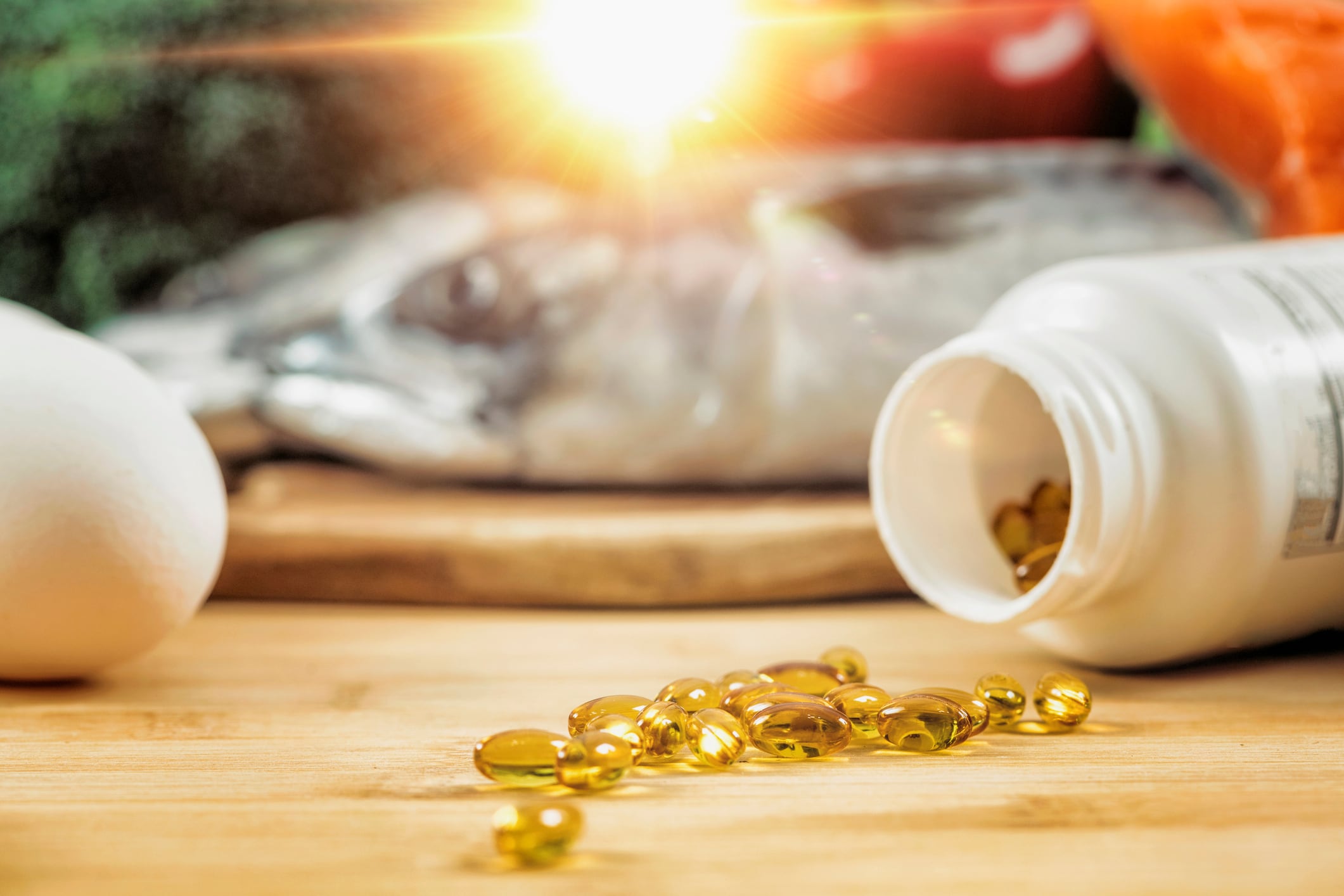A recent study published in Ambio indicated that increases in water temperature could result in losses of DHA globally of between 10 and 58% by 2100.
“The projected decrease in DHA availability as a result of global warming would disproportionately affect vulnerable populations (e.g., fetuses, infants), especially in inland Africa (due to low reported per capita DHA availability),” wrote researchers from Ryerson University and the University of Toronto.
“We estimated, in the worst-case scenario, that DHA availability could decline to levels where 96% of the global population may not have access to sufficient DHA.”
Too soon to accurately predict?
Commenting on the paper, Aldo Bernasconi, director of information and research for the Global Organization for EPA and DHA Omega-3s (GOED), told NutraIngredients-USA that the paper is one example of research that is trying to forecast the impact of climate change.
“The thing with climate change is that it changes some marine environments (changes in temperature, acidity, oxygen content), and that will affect which species will do well in some of the important fishing grounds. The distribution and abundance of fish stock will likely change, but it is probably too soon to predict exactly how,” he said.
Dr Bernasconi added that there is also some research that indicates that cephalopods like squid are increasing their abundance and range, and these creatures are better able to handle higher temperatures and lower oxygen. “Squid oil, incidentally, is high in DHA,” he said.
“In short, there is evidence that climate change is affecting fisheries and omega-3 production, nobody can forecast full the effect yet, and nobody is expecting this to work in humanity’s favor. But it is too soon to tell.”
GOED: Almost all the global DHA supply currently comes from fish
Currently, almost all the global DHA supply comes from fish, with other sources like krill, algae and squid contributing “just a few thousand tons” combined, said Dr Bernasconi.
“The yearly production of fish oils is around 900,000 mT. Those oils go in their majority to aquaculture. And seafood fish contains DHA too.” Dr Bernasconi added that, based on average captures of wild fish species (from FAO data between 2000-2010), and estimating the proportion of the oil content and composition of those fish, gives 80,000 mT of DHA just from eating wild fish. The oil must be responsible for at least 90,000 mT, he added.
“Krill and algae oil, combined, is under 5,000 mT, and the DHA contained in those oils must be at most a couple of thousand tons. I don’t have good squid oil estimates, but so far, there are few producers,” he added.
So, could long-chain omega-3s from engineered plants such as canola and camelina help fill the shortfall? According to the paper in Ambio, while such oilseeds show “promise to meet the human demand for DHA, however, these crops have not yet reached a mature stage of commercialization”.

Not so, said Prof Johnathan Napier, omega-3 Camelina programme leader at Rothamsted Research in the UK. Such a statement “underestimates the speed at which this technology is moving forward”, he said.
Prof Napier told us that any decline in aquatic supplies of DHA could be offset by the new plant-based sources that are coming on line now.
“We recently described the advanced stage the GM canola strains from Nuseed and BASF/Cargill are at (i.e. both approved for commercial cultivation in the USA) and our GM Camelina is not too far behind,” Prof Napier told NutraIngredients-USA.
“I am sure that the various non-fish sources of DHA (GM plants, algae) will be ready to make up any shortfall long before any such drop in availability can be attributed to climate change. And given the significant environmental problems (Australian fires, glacier loss, etc.) already manifest as a consequence of this, worrying about a projected 10% decline of DHA by 2100 seems like a pretty minor concern!”
Putting this into numbers, in a 2015 paper in the European Journal of Lipid Science and Technology, Prof Napier stated: “Since Camelina as an oilseed crop can easily yield 0.75 ton of oil/ha, then a GM oil containing similar levels of EPA and DHA to that found in fish oils could make a significant contribution to off‐setting oceanic sources. For example, 200,000 ha of GM Camelina could produce 150,000 metric tons of oil, which could serve as a direct replacement for fish oils in aquafeed, representing 15% of the global oceanic harvest of these oils.
NutraIngredients Europe will host a webinar, Omega-3: Building Trust and Transparency for the Conscientious Consumer, broadcasting at 4:00pm CET (Paris) on 25 March. The panel discussion will be joined by experts from the Marine Stewardship Council, the Global Organization of EPA and DHA Omega-3s, The Trust Transparency Center and FMCG Gurus.
We’ll discuss how everyone in the industry, from the manufacturers and suppliers to the retailers and marketers, can draw on decades of scientific research as well as new knowledge and capabilities to allay consumer skepticism around health claims and sustainability.
Click here to register for the webinar. You can ask the panellists questions, plus download insightful material during the broadcast.
Algae, too
On the algal DHA front, GOED’s Dr Bernasconi added that a partnership between DSM (which bought Martek in 2010, ands remains the main producer of omega-3 algal oils) and Evonik is aiming to use algae to produce EPA+DHA for aquaculture. The new company is called Veramaris, and it opened a production facility a few months ago, he said.
“The issue with algal oils was always cost: oil from algae is more expensive that fish oil, and aquaculture is a very price-sensitive industry. Veramaris is are already selling some oils,” he explained.
“Neither the seeds nor the algal oils are covering too much of the aquaculture market, but at least they have started, and they have the potential to become larger players over time. While these oils (both from GM plants and algae) are not being used for direct human consumption yet, and probably won’t be for a while, these companies are starting to address the many regulatory and economic challenges of producing large amounts of non-fish omega-3 oils. Hopefully, they will also help with the public perception problems of GM products.”
Why is DHA so important?
“DHA is essential for vertebrate brain development and function. In fact, the availability of DHA through fish consumption has been hypothesized to have allowed for hominid brain development and increased cognitive ability during hominid evolution,” explained Colombo et al. in their Ambio paper.
“It is the most abundant PUFA in the mammalian brain (> 10% of brain fatty acids), where it regulates many physiological processes including neuroprotection, cell survival, and inflammation,” they added.
“It is also intimately involved in neural cell growth and differentiation, and in neuronal signaling. DHA is also highly accumulated in the central nervous system and retina, and as such, is thought to be essential for optimal development of these regions.”
Source: Ambio
Published online ahead of print, doi: 10.1007/s13280-019-01234-6
“Projected declines in global DHA availability for human consumption as a result of global warming”
Authors: S.M. Colombo et al.





